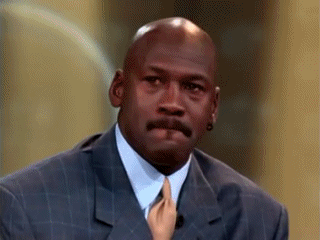HawkeyeWalker
Well-Known Member
sipple is a hack, but I could buy this column. Sign me up.
Norvell I'd be very on board with. Sipple doesn't know shit though.
sipple is a hack, but I could buy this column. Sign me up.
I wonder if Bob Stoops would come back as AD?
Maybe I am a loyalist but FQ these players who are just coming out! If they were serious about BLM then get in the ghettos and talk about Blacks killing Blacks. Numbers don't lie, people and LEFT WING media does. Do the research ! So until these ex Hawks start talking about those issues, I don't care if Iowa black players play or not! Merrieweather should be suspended immediately. Tails should never wag the dog! EVER
About 10 years ago when I was living in Colorado one of my neighbors was also from Iowa. His son had gone to Iowa at the same time Bob Stoops was playing and was friends with him. I asked this guy if he thought Bob Stoops would ever consider the Iowa job? He didn't hesitate in saying there was no way.
Now that was a long time ago and Stoops was still coaching, etc. But I seriously doubt Stoops would consider getting back into a situation like this, if there were an opening.
I do not know if you are a loyalist, but you are another kind of "ist"Maybe I am a loyalist but FQ these players who are just coming out! If they were serious about BLM then get in the ghettos and talk about Blacks killing Blacks. Numbers don't lie, people and LEFT WING media does. Do the research ! So until these ex Hawks start talking about those issues, I don't care if Iowa black players play or not! Merrieweather should be suspended immediately. Tails should never wag the dog! EVER
This has to be a troll post, I cannot fathom that anyone actually believes this. HahahahaMaybe I am a loyalist but FQ these players who are just coming out! If they were serious about BLM then get in the ghettos and talk about Blacks killing Blacks. Numbers don't lie, people and LEFT WING media does. Do the research ! So until these ex Hawks start talking about those issues, I don't care if Iowa black players play or not! Merrieweather should be suspended immediately. Tails should never wag the dog! EVER

Maybe we would actually beat Wisconsin once in a while with Bert on the job.Beliema would come back. Stoops not. Better stock up the local buffets if Bert ever comes back.
Check out Bert's latest ...................................
https://www.espn.com/college-footba...a-suing-razorback-foundation-buyout-agreement
